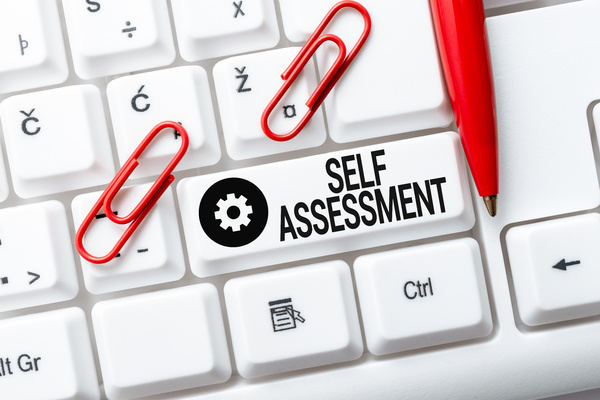Overview: A healthy leadership coaching relationship is an adult-adult one. Child-adult coaching relationships are toxic and counterproductive. A leadership coach is not a parent and should never act like one. Leadership coaching professionals must learn to recognize the traps of coaching relationships and steer clear of them.
Leadership coaching relationships are adult-adult relationships predicated upon the principles of healthy mentoring and expert guidance. Given the psychological intimacy of the coaching relationship, it is prone to devolving into an unhealthy parent-child relationship.
When that happens, leadership coaching derails, robbing the student of a mentor and replacing it with a parent figure that represents the kind of authority intelligent leadership would rather avoid.
The Concept of the Parent Leader
In leadership coaching circles, the idea that the principles of parenting translate well to leadership and executive coaching has gained traction. Parental instincts such as caring, empathy, and the need to secure psychological safety seemingly fit the framework of intelligent leadership.
However, a parent-child relationship hides pitfalls that rule it out as a model of coach-student interaction.
Understanding the Different States of Ego
According to psychiatrist Eric Berne, the human ego exists in one of three possible states: child, parent, or adult.
- Some social situations prompt us to fall back to the child ego, memories of which we all have hidden deep in our subconscious minds. The child ego relinquishes control. It triggers submissive responses and makes us adopt dependent stances. The child ego expects solutions and direction from someone else and avoids asking “why” and “how” questions.
- The parent ego allows us to assume control authoritatively. This state leaves no room for arguments or opposing perspectives. When the parent ego takes over, we become judgmental, stubborn, and unwilling to cooperate.
- The adult ego is predicated on rationality and logic rather than ingrained behaviors and attitudes. This ego state allows us to think critically, ask “why” and “how” questions, and make informed decisions. Adult-adult relationships entail constructive social transactions, active listening, and honest communication. An adult-adult relationship represents the ideal framework for leadership coaching scenarios.
Although skilled executive coaches understand the nature of the ideal coaching relationship, students sometimes prefer child-parent setups and steer relationships in that direction. The human mind can become addicted to anything, and some people may be prone to growing addicted to situations where they are overly reliant on others.
How Do You Know You’ve Fallen into a Child-Parent Trap?
A leadership coach that has assumed a parent position in a coaching relationship may not realize the extent of the problem until it’s too late. Here are signs that drop some early and useful clues.
Finding ‘Why’ Questions Irritating and Bothersome
Those with their egos in the parent state find that “why” questions challenge their authority. It is normal for a student to want to know why some things are the way they are. Leaders and employees should ask such questions. Inquiring minds are engaged minds. Seeing the big picture can be very empowering.
The Coach Is the Only Party That Can Assess Performance
In the context of executive coaching, this proposition is a twisted one. It can only come from the depths of an unhealthy parent-child relationship.
In an adult-adult coaching relationship, the coach must learn to assess performance from the perspective of the student. The ability of the latter to self-assess is indispensable.

The Coach Feels Superior to the Student
Feelings of superiority and inferiority have no place in leadership or business coaching relationships. When a coach feels more competent at the leader’s job than the leader, the foundations of a toxic coaching relationship are in place.
Keeping Information from the Student
The role of the leadership coach is to help the leader succeed. The role of leaders is to help reports succeed. Neither party can achieve this by being secretive or denying access to information to students or employees.
Leadership coaches must be aware of the traps coaching relationships hide. They should recognize dissonant behavior and self-correct while also correcting behaviors of their clients. A leadership coach is not a parent. Leadership coaching should never spill over the boundaries of a healthy adult-adult relationship.
To learn more about how you can join the IL Movement as a coach, or how you can benefit from bringing IL Solutions to your organization, contact us today.


